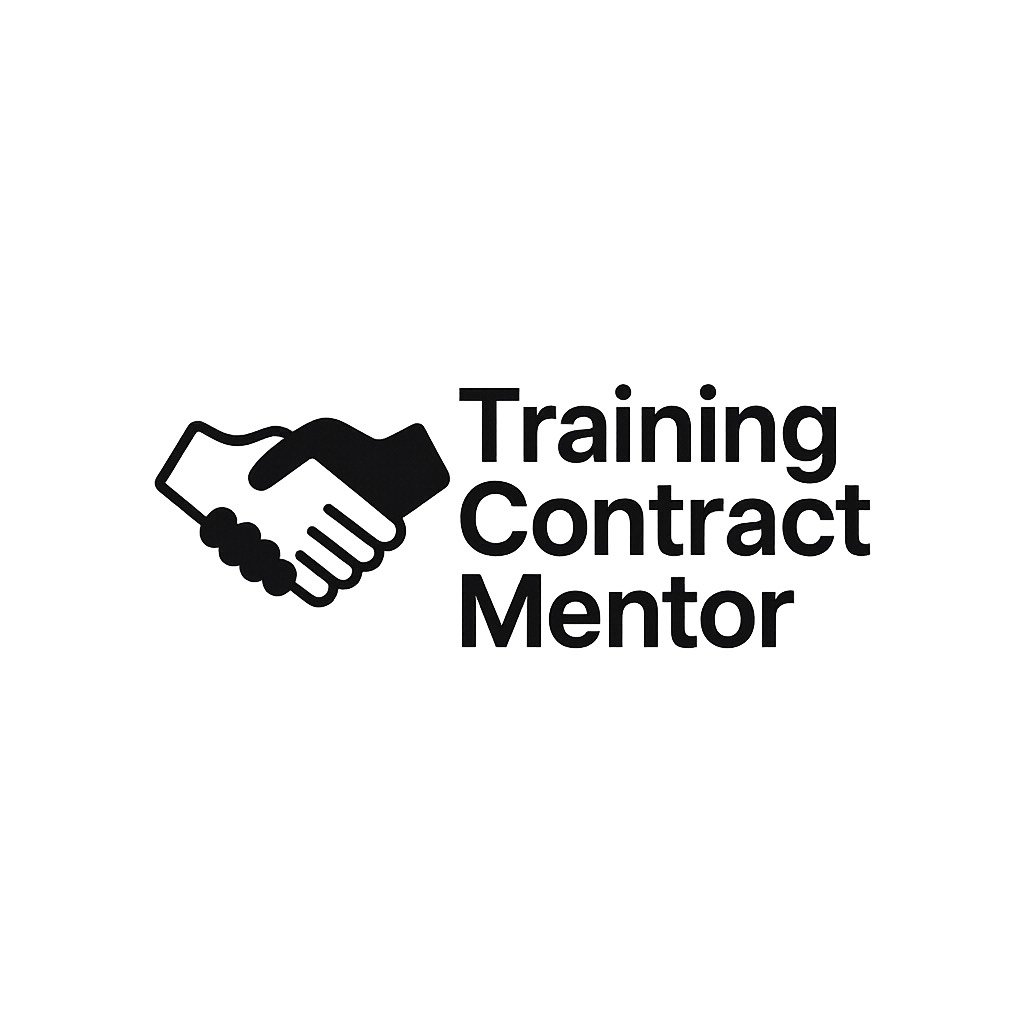How to write a powerful why the firm answer
I looked at what I consider makes a poor example of an answer in this article.
Here’s what I consider makes a good answer:
First, the firm’s reputation for corporate work appeals, as demonstrated by its Chambers rankings for corporate/m&a. In particular, the firm’s ability to win high profile corporate work attracts, such as advising A on its bid for B, as does its experience advising C on its investment in D. This all indicates I would have exposure to high profile corporate work. My interest in corporate/m&a was developed on the virtual internship with E, where I learned about corporate transactions. I particularly enjoyed seeing how legal mechanisms are used to power deals and achieve a client's commercial objectives when I did (list specific tasks from the internship).
Secondly, I am attracted to the firm’s finance work, such as its role in advising F on its financing of a merger. My interest in finance was developed on an open day, where restructuring lawyers explained a lending agreement. I enjoyed learning about the challenge of getting finance agreements agreed to tight deadlines.
Thirdly, the holistic approach to training appeals. At the G Law Fair, trainee AA shared how every trainee is assigned a partner mentor and the positive impact their mentor had on them. I therefore know I will be able to effectively obtain professional guidance, which will provide me with the solid foundations needed to thrive as an NQ.
Finally, I like the firm’s commitment to D&I, as my active involvement in D&I societies at university has enabled me to develop the confidence to bring my authentic self to work. I read that the firm won the DEI in the City Award 2025, for its active promotion of staff networks, inclusivity and work in widening access to the legal profession.
This answer works because:
1. It doesn’t waffle.
Note how the candidate doesn’t waste words regurgitating the question. They just reel off point after point.
2. It substantiates every point.
Every reason is justified and linked back. The candidate explains exactly why they’re making the point and how it relates to them. They don’t assume that the reader may have read their CV/work experience history beforehand and therefore know why they’re interested in corporate. Instead, they take the reader on a curated journey of their work experience and what they gained from each experience to support their justification for applying to the firm.
3. It makes a number of points.
The candidate doesn’t just write 3 reasons - they come up with 4. This comes across as real motivation for applying to the firm.
In general, I always recommend 4 reasons over 3 because it shows a stronger interest by having 4 strong points over 3. If you can get to 5, that’s ideal. However, we all know word count can prevent you from getting every point out you want to. So if you’re unsure, have a minimum of 3 well substantiated reasons. And if you can get to 4 well developed and substantiated points, go for it. If on the other hand you feel you don’t have the word count to make a 4th or even 5th well developed point, stick to the lower number.
4. It spends more time talking about the candidate than it does the firm.
This is really important.
You need to be explaining to the firm why you are a good fit. You don’t want to be just telling the firm everything it already knows about itself. This isn’t a knowledge test on how great the firm is. Instead, it’s about finding attributes about the firm that you are attracted to and then linking it back to you, and showing how it matches your profile, interests and skills.
5. It shows a high level of research - this answer would not work for every firm.
You’ll recall in this article that I mentioned the generic test - i.e. if you can take an answer to this question and put a different firm’s name in it and it’ll still work then it’s too generic.
Clearly, this answer would not work for every firm, once you put in the deal examples, the award, and the reference to a trainee.
6. It tells the firm that the candidate has actually gone out of their way to meet the firm.
This shows clear motivation and focus on applying to the firm. The application wasn’t just sent off the cuff - it was planned over the longer term, with the candidate finding the firm at an event and then taking notes from conversations of firm representatives (i.e. the trainee).
7. The candidate has drawn upon a range of relevant experiences.
This provides a rich narrative, demonstrating their commitment to both a career in law and the type of firm they’re applying to.
Apart from now being aware of how to write an answer for this type of question, the other big take away is the importance of going to law fairs, attending insight events and undertaking virtual/in person vacation schemes. As you can see, the candidate here did all three types of experiences and was therefore able to write a very powerful answer as a result.

